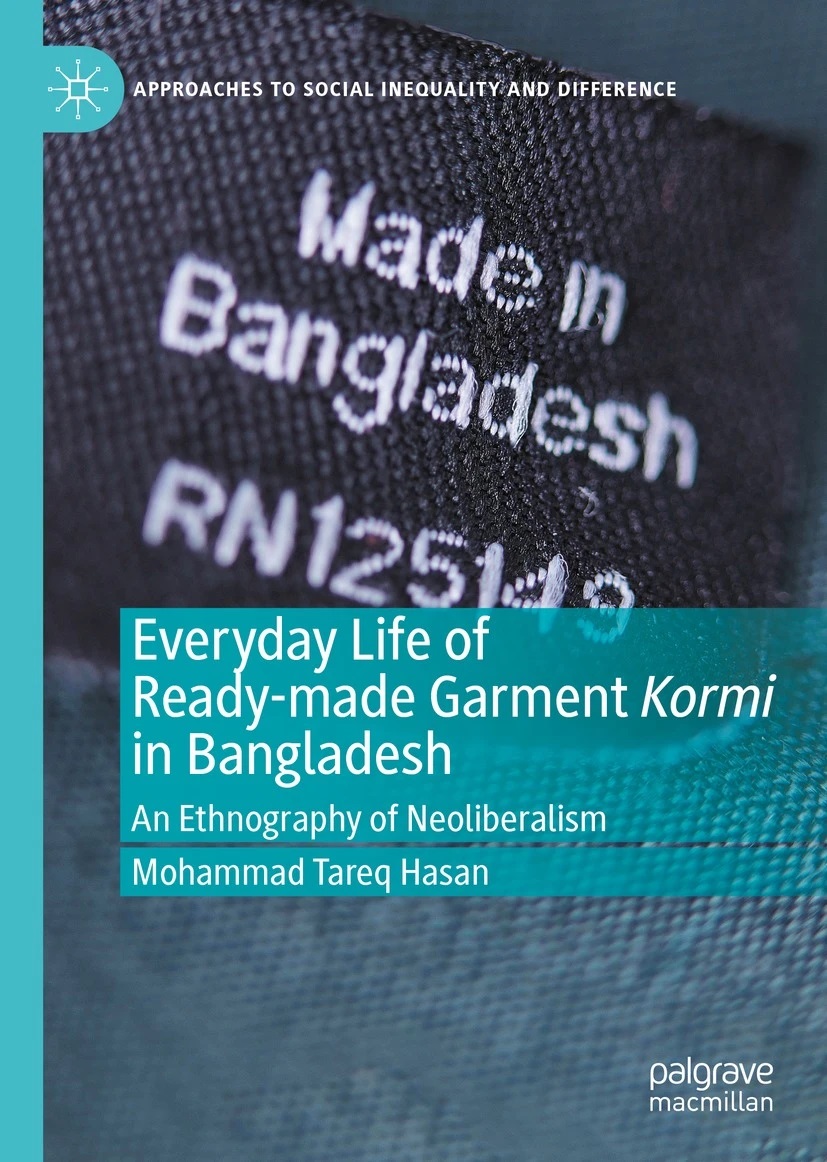Everyday Life of Ready-made Garment Kormi in Bangladesh: An Ethnography of Neoliberalism
This book ethnographically explores an expanding neoliberal context in Bangladesh. At the frontier of neoliberal capitalism, the country has experienced rapid growth of the ready-made garment (RMG) sector during the last 30 years. Undoubtedly, the massive expansion of industrial work opportunities has transformed work and labor patterns across the country and led to the shift in the labor regime from subsistence to wages. But this book portrays the scene where corporate international trade agreements, a new neoliberal state regime, and a growing textile market have contributed to the becoming of a new class of Muslim female work¬ers—who labor in Bangladesh’s apparel export factories under conditions of neoliberal capitalism. The garment kormi—often abstracted by the homogenizing category of the ‘garment worker’—remain lost in the statis¬tics of development and empowerment or contrarily exploitation. Thereby, focusing on the everyday lives of garment kormi, that is, workers’ stories than on the collective of garment workers as a category, this book at one front highlights the neoliberal structures of difference and inequality, and on the other reflects on the potential of egalitarianism and change in terms novel ways of comprising and expressing life-worlds. It shows that the values in life and the structures that govern life, such as contemporary Bangladesh’s neoliberal order, kinship relationality, and religiosity, are co-constitutive, multi-layered, and always on the move, never fixed.

Publisher
Palgrave Macmillan
ISBN
978-3-030-99901-8
Publication date
1 Jan 2022 – 30 Nov 2022
Specialisation
Social Sciences
Theme
Society
Globalisation
Gender and Identity
Economy
Region
Bangladesh